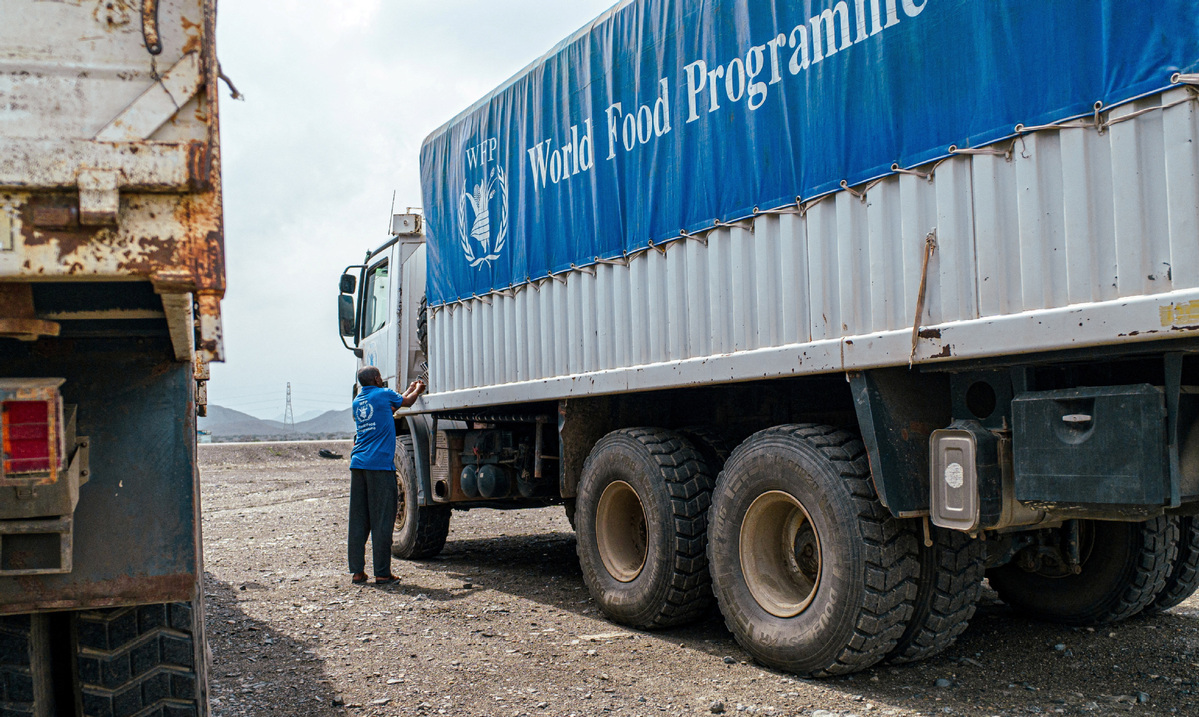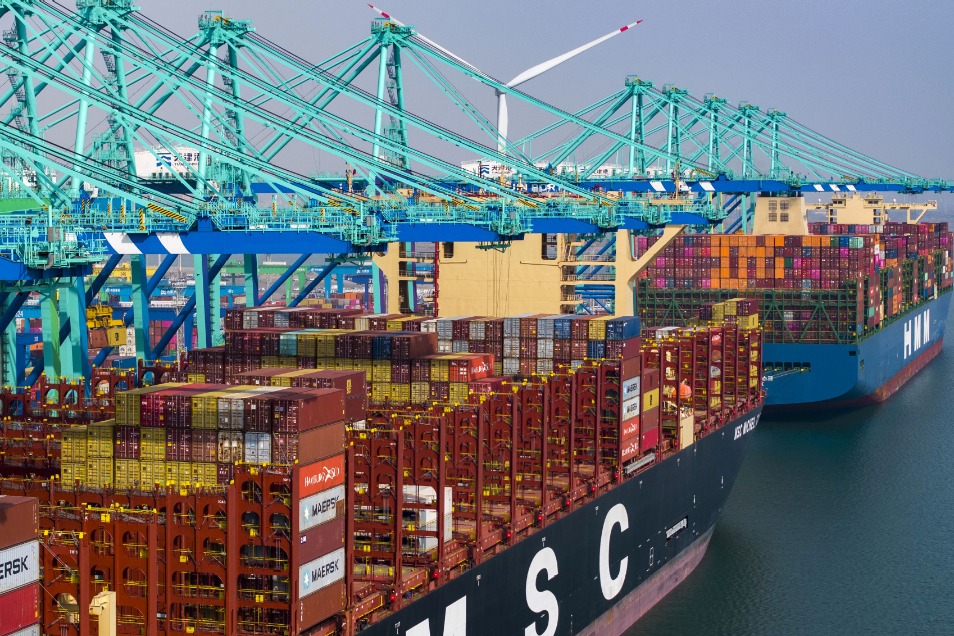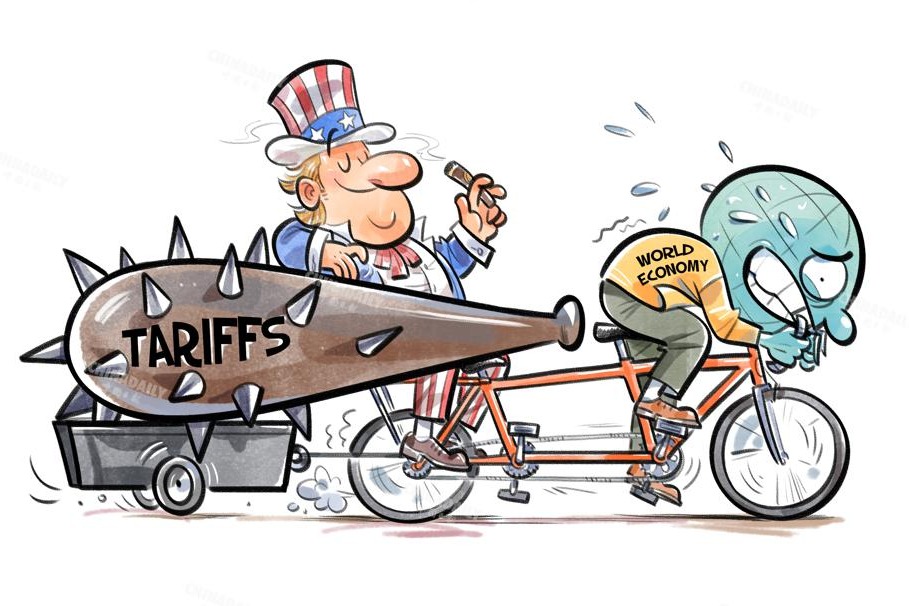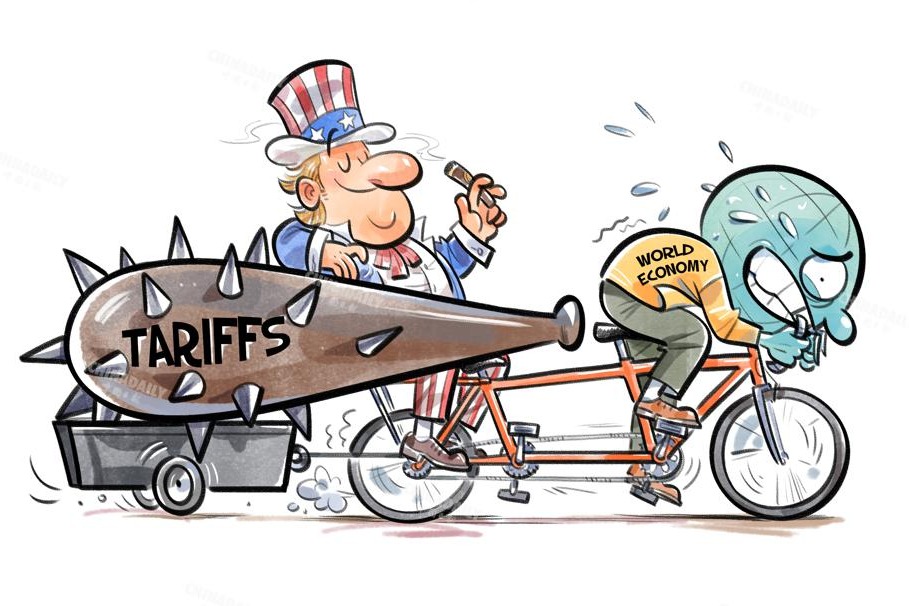Callous funding cuts will create new crises


The United Nations World Food Programme, the world's largest provider of food aid, has appealed to the United States to reverse its decision to end its funding. The latest contract cancellations target some of the last remaining humanitarian programs run by the US Agency for International Development were unexpected, as Washington had pledged to spare emergency food programs and other life-and-death aid from deep cuts to US foreign assistance.
"This could amount to a death sentence for millions of people facing extreme hunger and starvation," the WFP warned on Monday, adding that it was in contact with the US administration "to urge for continued support" for the programs that keep millions alive in Afghanistan, Syria, Yemen and 11 other impoverished countries.
This is not an alarmist comment, as the abrupt end to the WFP programs threatens some of the world's most vulnerable populations, many of which depend on such food aid, according to humanitarian groups. The US has traditionally been the major funder of the WFP, providing $4.5 billion of the $9.8 billion in donations to the food agency last year.
WFP Executive Director Cindy McCain said in a post on social media that the cuts will "deepen hunger, fuel instability, and make the world far less safe". She urged world leaders to "weigh the consequences".
Reportedly, the US administration's freeze on all foreign assistance through USAID and the State Department led to a brief shutdown of services at the Al-Hol camp in the northeast of Syria, where tens of thousands of alleged Islamic State fighters and their families are kept under guard, which raised fears of an uprising or breakout at the camp.
The US spent $824.3 billion on defense last year, more than 183 times its donation to WFP, and the US president recently pledged to raise the Pentagon budget to $1 trillion next year. But the US administration should realize its funding to the WFP is well worth it. As some observers point out, the US has long seen efforts to ease humanitarian crises as being in its strategic interest by stemming mass migration, conflicts and extremism.
If the US administration is truly committed to controlling illegal migration, fighting terrorism and working for peace, as it claims, it should reconsider its funding cut to the WFP, as it actually contradicts all these endeavors.
Not to mention that it is responsible for causing the humanitarian crises in the countries on the WFP's assistance list.
Apart from the conflicts caused by its power plays, climate change, displacement, economic shocks and inequality have also caused food shortage. According to the WFP, about 343 million people are acutely hungry and famine looms for 1.9 million in the world today.
The WFP says that its funding requirement for 2025 is $16.9 billion to reach 123 million people, and a total 93.5 percent of all government contributions go directly to supporting life-saving and life-changing operations.
As a self-claimed champion of human rights, the US should reconsider the moral cost of it cutting funding to the WFP.
The uncertainties, risks and chaos in the world caused by the "America First" administration of the US are dramatically increasing the demands for the input of the UN food program this year. So funding the WFP is also a global responsibility the US is obliged to fulfil as arguably the sole superpower of the modern world.
Although the US administration aims to streamline the government system and save costs with its DOGE reform at home, including the end of USAID, it needs to take into account the move's possible impact on some causes of common good to the world, which should also include the fight against global warming.
Any responsible government of such a major country as the US should bear the bigger picture of the world in mind while implementing domestic policies. That is requisite for the country to assume its international responsibility in world affairs.

































